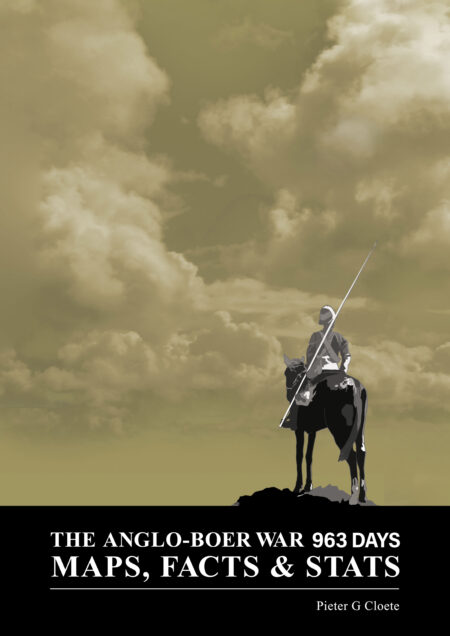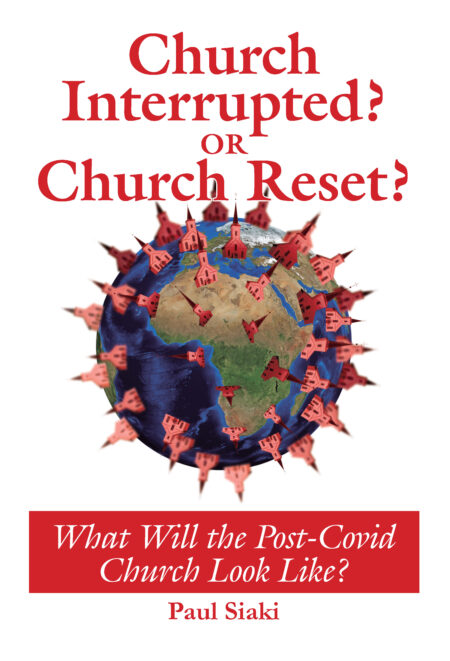-

A Handbook on Legal Languages and the Quest for Linguistic Equality in South Africa and Beyond
0R470,00A Handbook on Legal Languages and the Quest for Linguistic Equality in South Africa and Beyond is an interdisciplinary publication located in the discipline of forensic linguistics/ language and law. This handbook includes varying comparative African and global case studies on the use of language(s) in courtroom discourse and higher education institutions: Kenya; Morocco; Nigeria; Australia; Belgium Canada and India. These African and global case studies form the backdrop for the critique of the monolingual English language of record policy for South African courts, the core of this handbook, discussed in relation to case law and the beleaguered legal interpretation profession. This handbook argues that linguistic transformation and decolonisation of South AfricaOs legal and higher education systems needs to be undertaken where legal practitioners are linguistically equipped to litigate in a bilingual/ multilingual courtroom that enables access to justice for the majority of African language speaking litigants, enforcing their constitutional language rights.
eBook: View eBook Version
-

A Handbook on Legal Languages and the Quest for Linguistic Equality in South Africa and Beyond
0R420,00A Handbook on Legal Languages and the Quest for Linguistic Equality in South Africa and Beyond is an interdisciplinary publication located in the discipline of forensic linguistics/ language and law. This handbook includes varying comparative African and global case studies on the use of language(s) in courtroom discourse and higher education institutions: Kenya; Morocco; Nigeria; Australia; Belgium Canada and India. These African and global case studies form the backdrop for the critique of the monolingual English language of record policy for South African courts, the core of this handbook, discussed in relation to case law and the beleaguered legal interpretation profession. This handbook argues that linguistic transformation and decolonisation of South Africa’s legal and higher education systems needs to be undertaken where legal practitioners are linguistically equipped to litigate in a bilingual/ multilingual courtroom that enables access to justice for the majority of African language speaking litigants, enforcing their constitutional language rights.
Print: View Print Version
-
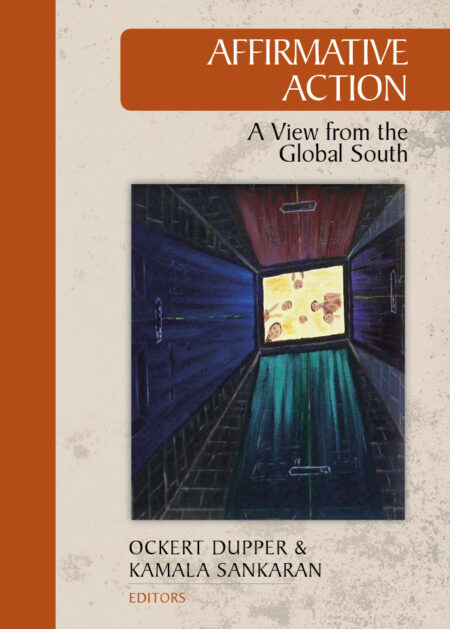
Affirmative Action
0R390,00Affirmative Action: A View from the Global South provides insight into a range of aspects of the affirmative action policies in seven countries from Africa, Asia, South America and the Middle East. In addition to these national perspectives, important theoretical concepts and international developments on affirmative action are explored.
eBook: View eBook Version
-

Affirmative Action
0R312,00Affirmative Action: A View from the Global SouthEprovides insight into a range of aspects of the affirmative action policies in seven countries from Africa, Asia, South America and the Middle East. In addition to these national perspectives, important theoretical concepts and international developments on affirmative action are explored.
Print: View Print Version
-
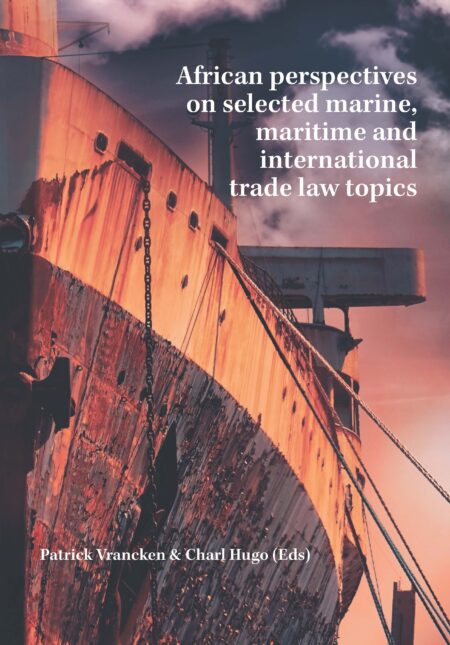
African perspectives on selected marine, maritime and international trade law topics
0R325,00This book is the culmination of research collaboration between the Nelson Mandela University and the University of Johannesburg, and, in particular, between the South African Research Chair in the Law of the Sea and Development in Africa (housed at Nelson Mandela University) and the Centre for Banking Law (housed at the University of Johannesburg). The topics considered have their roots respectively in international law, environmental law, public law and international trade law. The common denominator is the sea.
eBook: View eBook Version
-

African perspectives on selected marine, maritime and international trade law topics
0R240,00This book is the culmination of research collaboration between the Nelson Mandela University and the University of Johannesburg, and, in particular, between the South African Research Chair in the Law of the Sea and Development in Africa (housed at Nelson Mandela University) and the Centre for Banking Law (housed at the University of Johannesburg). The topics considered have their roots respectively in international law, environmental law, public law and international trade law. The common denominator is the sea.
Print: View Print Version
-
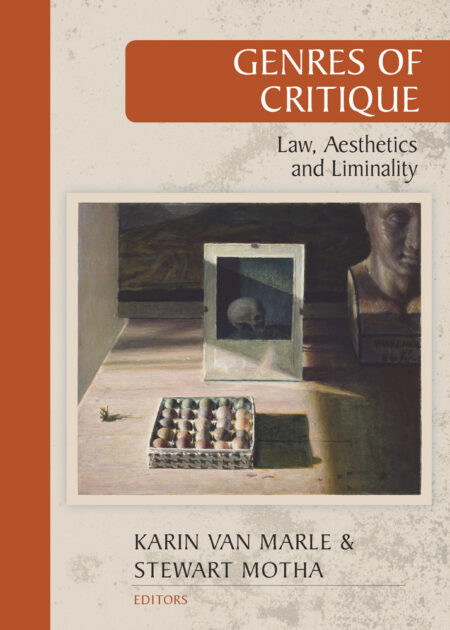
Genres of Critique
0R265,00The book seeks to open and explore the liminal space of critique at the intersection of law, aesthetics and politics. The essays in this volume elaborate and expand the meaning and significance of critique through an engagement with aesthetic forms. Although this endeavour has wider significance, the focus is primarily on South Africa. The various contributions arose out of a process of reading, writing and discussion among visiting scholars at the Stellenbosch Institute for Advanced Study (STIAS), Stellenbosch University, South Africa, in 2010. The project responds to the limits of the transplantation of critical legal studies into different jurisdictions, especially South Africa. The essays develop an approach to critical legal thinking that is conscious of critique as a problem of genre and seek to open up this problem of genre in the context of critical legal studies.
eBook: View eBook Version
-

Genres of Critique
0R0,00The book seeks to open and explore the liminal space of critique at the intersection of law, aesthetics and politics. The essays in this volume elaborate and expand the meaning and significance of critique through an engagement with aesthetic forms. Although this endeavour has wider significance, the focus is primarily on South Africa. The various contributions arose out of a process of reading, writing and discussion among visiting scholars at the Stellenbosch Institute for Advanced Study (STIAS), Stellenbosch University, South Africa, in 2010. The project responds to the limits of the transplantation of critical legal studies into different jurisdictions, especially South Africa. The essays develop an approach to critical legal thinking that is conscious of critique as a problem of genre and seek to open up this problem of genre in the context of critical legal studies.
Print: View Print Version
-
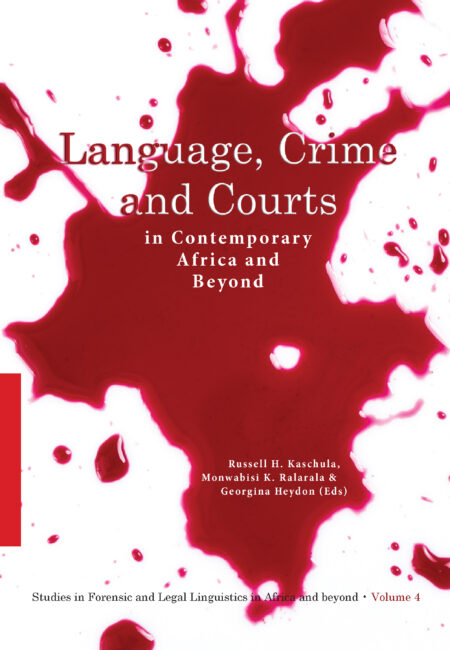
Language, Crime and Courts in Contemporary Africa and Beyond
0R375,00The research represented in this volume, and in the series as a whole, is intended to provide critical analyses and findings that can underpin the development of language policies, practice guides and other resources that support a fair and accessible legal system. However, this will also require well-developed teaching and research programmes, so it is our intention that this volume will continue to support the growth of forensic linguistics in Southern African universities and nurture the next generation of scholars dedicated to forensic and legal linguistics. This aim will be supported by the newly formed African Association of Forensic and Legal Linguists (AAFLL), which will help to coordinate the study of forensic linguistics in Africa. This book series, Studies in Forensic and Legal Linguistics in Africa and Beyond, Volumes I, II, III and IV, continues to play an important role in bringing African forensic linguistic scholarship to a wider audience, while simultaneously promoting the field amongst academic and legal institutions in Africa.
-
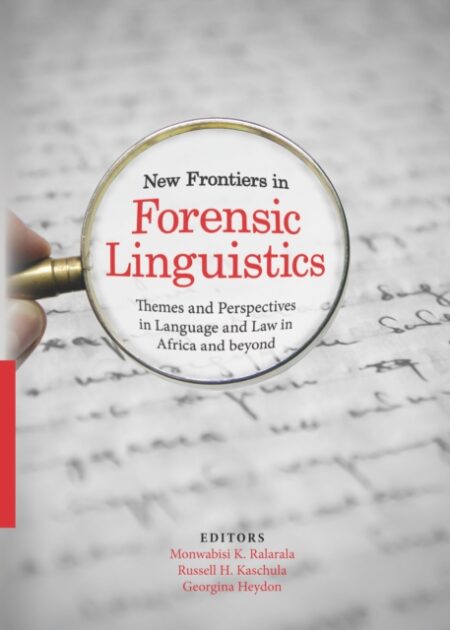
New Frontiers in Forensic Linguistics
0R425,00The field of forensic linguistics is a niche area that has not enjoyed much participation from the African continent. The theme of language and the law in this book is one that straddles two important aspects of the legal history of South Africa in particular, and how it has impacted on the country’s legal and education systems. The declaration, by the United Nations, of 2019 as ?The International Year of Indigenous Languages? is opportune, not only for the launch of this book, but for what its research content tells us of the strides taken in ensuring access to justice for all citizens of the world in a language they understand. The contributions by authors in this book tell the story of many African citizens, and those hailing from beyond our borders, who straddle the challenges of linguistic and legal pluralism in courtrooms across their respective countries. It is our hope that the contributions made in this book will assist in ensuring human rights become a reality for global citizens where indigenous voices have not been heard; and that these citizens will be free to give their testimonies in a language of their choice, and that they may be heard and understood.
eBook: View eBook Version
-

Santa Claus
0R225,00The origins of Santa Claus, or so I am told, is that the young Bishop Nicholas secretly delivered three bags of gold as dowries for three young girls to their indebted father to save them from a life of prostitution. Armed with immortality, a factory of elves and a fleet of reindeer, his has been a lasting legacy, inextricably linked to Christmas.
Of course, this Christmas looks a little different. Amidst a global pandemic, shimmying down the chimneys of strangers certainly does not adhere to social distancing guidelines. Some borders remain closed, and in some instances, the quarantine period is far too long. After all, he only has 24 hours to spread cheer across the world. As with the rest of us, Santa Claus is likely to get the remote working treatment. The reindeers this year are likely to be self-driving, reminiscent of an Amazon swarm of technology, and the naughty and nice lists are likely to be based on algorithms derived from social media accounts. In the age of the fourth industrial revolution, it is difficult to imagine that letters suffice anymore. How many posts were verified as real before shared? Enough to get you a drone. Fake news? Here is a lump of coal. Will we see elves in personal protective equipment (PPE) and will Santa Claus, high risk because of age and his likely comorbidities from the copious amount of cookies, have to self-isolate in the North Pole? In fact, will there be any toys at all this year? Surely production has been stalled with the restrictions on imports and exports into the North Pole. Perhaps, there is a view to outsourcing, or perhaps, there is a shift towards local production and supply chains.
More importantly, as we have done in many instances in this period, maybe we should pause to reflect on the current structures in place. The sanctification of a figure so clearly dismissive of the Global South and to be critical, quite classist must be called into question. From some of the keenest minds, the contributions in this book make a strong case against this holly jolly man. We traverse important topics such as, is the constitution too lenient with a clear intruder who has conveniently branded himself a Good Samaritan? Allegations of child labour under the guise of elves, blatant animal cruelty, constant surveillance in stark contrast to many democratic ideals and his possible threat to national security come to the fore. Nevertheless, as the song goes, he is aware when you are asleep, and he knows when you are awake. Is feminism a farce to this beloved man what role does Mrs Claus play and why are there inherent gender norms in his toys? Then is the worry of closed borders and just how accurate his COVID-19 tests are.
Of course, this brings his ethics into question. While there is an agreement that transparency, justice and fairness, nonmaleficence, responsibility, and privacy are the core ethical principles, the meaning of these principles differs, particularly across countries and cultures. Why are we subject to Santa ClausO notions of good and evil when he is so far removed from our context? As Richard Thaler and Cass Sunstein would tell you, this is fundamentally a nudge from Santa Claus for children to fit into his ideals. A nudge, coined by Thaler, is a choice that predictably changes peopleOs behaviour without forbidding any options or substantially changing their economic incentives. Even with pinched cheeks and an air of holiday cheer, Santa Claus has to come under scrutiny. In the process of decolonising knowledge and looking at various epistemologies, does Santa still make the cut?
eBook: View eBook Version
-

Santa Claus
0R0,00The origins of Santa Claus, or so I am told, is that the young Bishop Nicholas secretly delivered three bags of gold as dowries for three young girls to their indebted father to save them from a life of prostitution. Armed with immortality, a factory of elves and a fleet of reindeer, his has been a lasting legacy, inextricably linked to Christmas.
Of course, this Christmas looks a little different. Amidst a global pandemic, shimmying down the chimneys of strangers certainly does not adhere to social distancing guidelines. Some borders remain closed, and in some instances, the quarantine period is far too long. After all, he only has 24 hours to spread cheer across the world. As with the rest of us, Santa Claus is likely to get the remote working treatment. The reindeers this year are likely to be self-driving, reminiscent of an Amazon swarm of technology, and the naughty and nice lists are likely to be based on algorithms derived from social media accounts. In the age of the fourth industrial revolution, it is difficult to imagine that letters suffice anymore. How many posts were verified as real before shared? Enough to get you a drone. Fake news? Here is a lump of coal. Will we see elves in personal protective equipment (PPE) and will Santa Claus, high risk because of age and his likely comorbidities from the copious amount of cookies, have to self-isolate in the North Pole? In fact, will there be any toys at all this year? Surely production has been stalled with the restrictions on imports and exports into the North Pole. Perhaps, there is a view to outsourcing, or perhaps, there is a shift towards local production and supply chains.
More importantly, as we have done in many instances in this period, maybe we should pause to reflect on the current structures in place. The sanctification of a figure so clearly dismissive of the Global South and to be critical, quite classist must be called into question. From some of the keenest minds, the contributions in this book make a strong case against this holly jolly man. We traverse important topics such as, is the constitution too lenient with a clear intruder who has conveniently branded himself a Good Samaritan? Allegations of child labour under the guise of elves, blatant animal cruelty, constant surveillance in stark contrast to many democratic ideals and his possible threat to national security come to the fore. Nevertheless, as the song goes, he is aware when you are asleep, and he knows when you are awake. Is feminism a farce to this beloved man what role does Mrs Claus play and why are there inherent gender norms in his toys? Then is the worry of closed borders and just how accurate his COVID-19 tests are.
Of course, this brings his ethics into question. While there is an agreement that transparency, justice and fairness, nonmaleficence, responsibility, and privacy are the core ethical principles, the meaning of these principles differs, particularly across countries and cultures. Why are we subject to Santa ClausO notions of good and evil when he is so far removed from our context? As Richard Thaler and Cass Sunstein would tell you, this is fundamentally a nudge from Santa Claus for children to fit into his ideals. A nudge, coined by Thaler, is a choice that predictably changes peopleOs behaviour without forbidding any options or substantially changing their economic incentives. Even with pinched cheeks and an air of holiday cheer, Santa Claus has to come under scrutiny. In the process of decolonising knowledge and looking at various epistemologies, does Santa still make the cut?
Print: View Print Version
